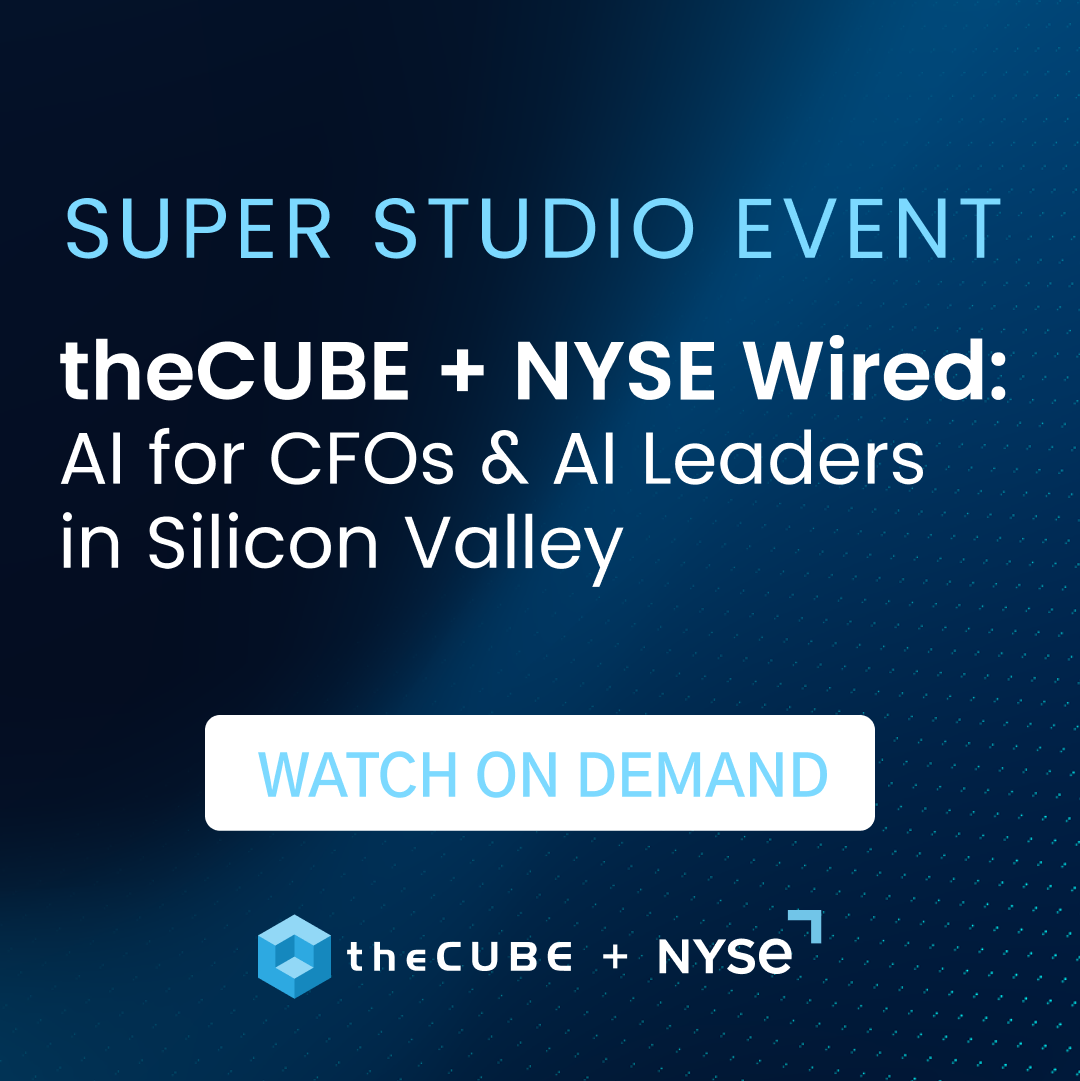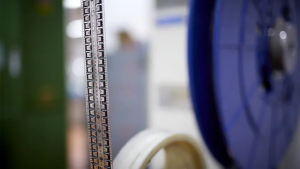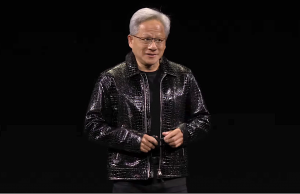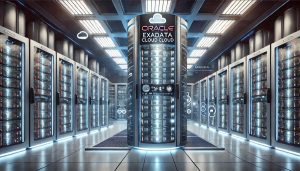Flexible electronics make cities smarter
This week’s Smart City roundup features how flexible sensors can help the Internet of Things gain momentum, why Singapore doesn’t use the term ‘smart city’ and a different kind of power grid in Germany.
![]()
.
Flexible sensors help the Internet of Things gain momentum
Norwegian company Thin Film Electronics ASA focuses on printed electronics that are small, flexible and are very affordable. Printed electronics can be very useful in tracking products and devices in real time to ensure an efficient approach to shipping logistics and inventory management.
Instead of silicon-based sensors, the sensors can be printed on smart labels that would cost less and can be placed on almost any product. These flexible sensors can be used in the medical field to ensure that disposable materials are properly disposed and not reused, or placed in hospital gowns to keep track of a patient’s body temperature in real-time, or placed on bandages to monitor for dampness, or even be placed on diapers so it will be easier to determine when it needs to be changed.
In the food industry, such sensors can be used to determine the freshness of the product, just like in the case of scotch manufacturer Diageo who makes the world famous Johnnie Walker Blue Label brand. Thin Film has partnered up with Diageo for the smart bottle project. The smart bottle is fitted with a printed electronics which can be paired with a smartphone app via Near Field Communication (NFC) so you can see more information about the product such as if the bottle has even been opened or tampered with or even get personalized ads. The smart bottle will be showcased at the Mobile World Congress 2015 next week.
.
Why Singapore doesn’t use the term ‘smart city’
There are many smart city projects being launched around the world today with the sole purpose of connecting city infrastructure to the Internet and understand what the city needs for better services to its inhabitants. But is connecting everything to the Internet the ultimate goal of smart cities?
In an interview, Jagan Shah, Director of India’s National Institute of Urban Affairs, explains how he perceives smart cities. To him, smart cities are an enhancement of existing cities and a base for economic growth and not about building gated communities.
Shah explains that smart cities should not be something only the elite can enjoy but a right that is available to everyone. He also noted that having a smart city model is not wise since every city is different. What governments need to do is to make use of the gathered data from its inhabitants to be able to make better decisions and improve systems.
He further explains that the goal of smart cities is to create livable cities, something that Singapore is doing, and added that in a few years the term “smart cities” will be obsolete.
.
Germany’s smart city knows how much power citizens need
The Model City of Mannheim is a smart city project in Germany that focuses on the proper distribution of renewable and decentralized sources of energy. What makes the project city different is that it uses an infrastructure built on top of a broadband power line, able to track and submit consumption and generated supply information to the power grid.
Each house in the Model City of Mannheim is connected to the smart energy network that is connected to the Internet. This was accomplished by adding small modems of nodes of the network to make the data available everywhere.
Thomas Wolski from Power Plus Communications, which is part of the consortium leading the Model City of Mannheim project, believes that “the power grid can become a brain for the city by all that information that is generated in the grid.”
photo credit: misspixels via photopin cc
A message from John Furrier, co-founder of SiliconANGLE:
Your vote of support is important to us and it helps us keep the content FREE.
One click below supports our mission to provide free, deep, and relevant content.
Join our community on YouTube
Join the community that includes more than 15,000 #CubeAlumni experts, including Amazon.com CEO Andy Jassy, Dell Technologies founder and CEO Michael Dell, Intel CEO Pat Gelsinger, and many more luminaries and experts.
THANK YOU













